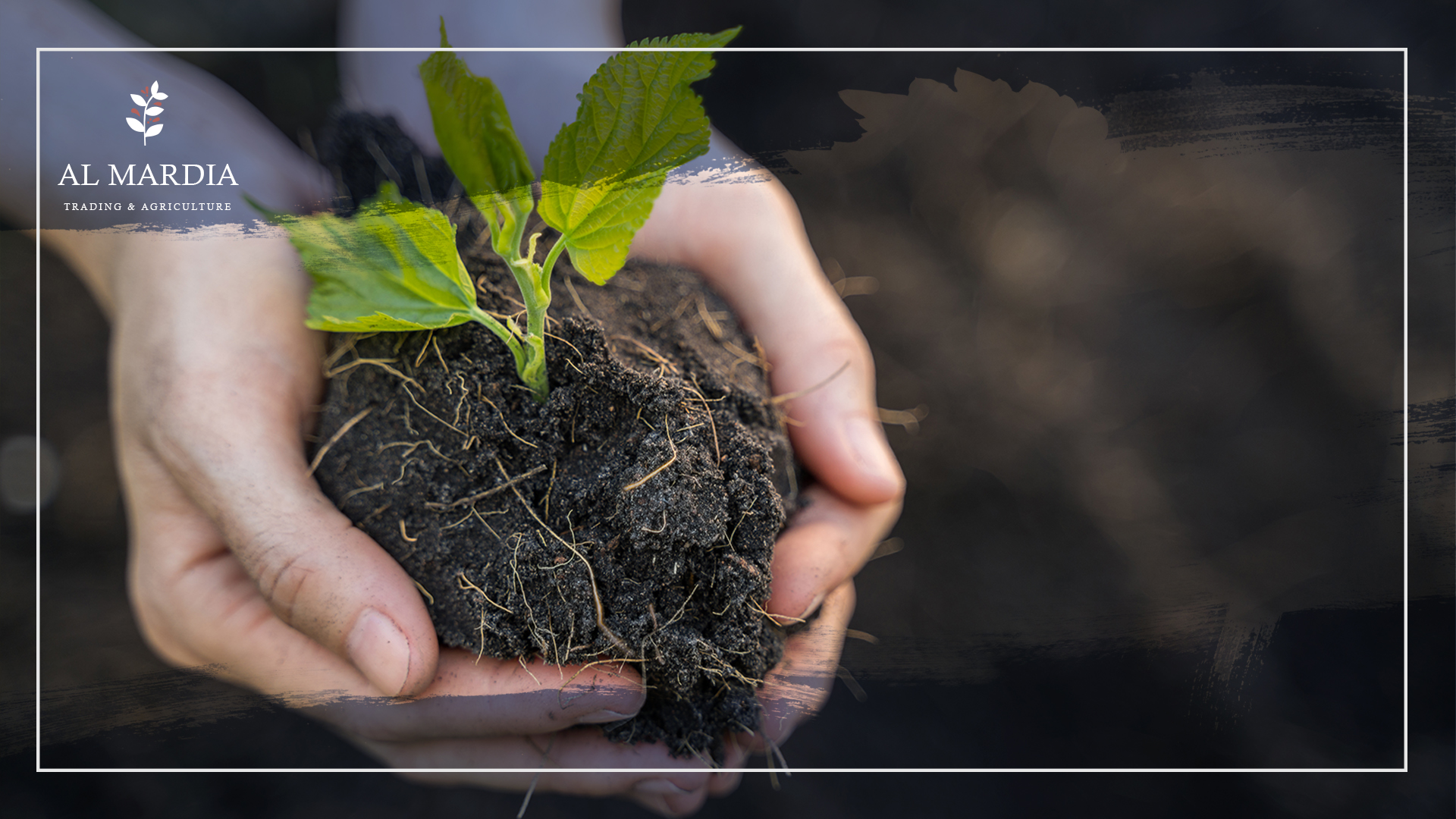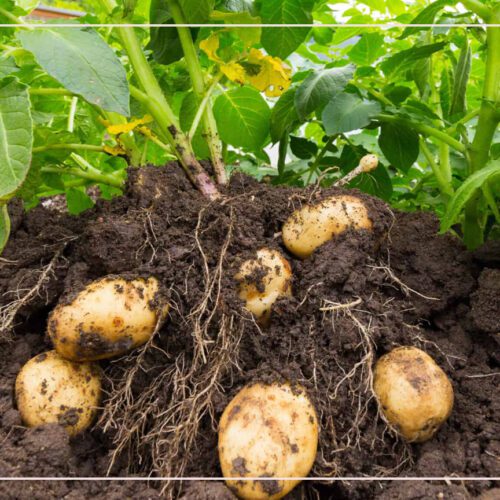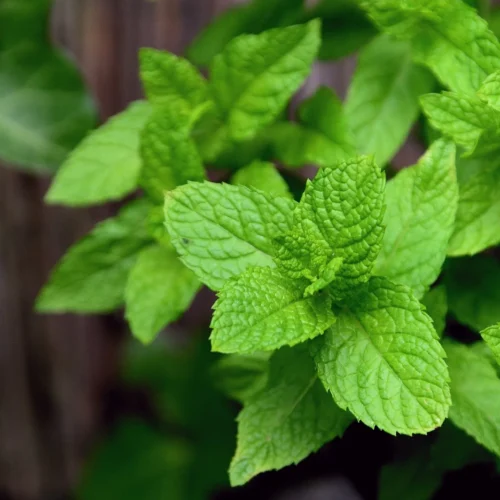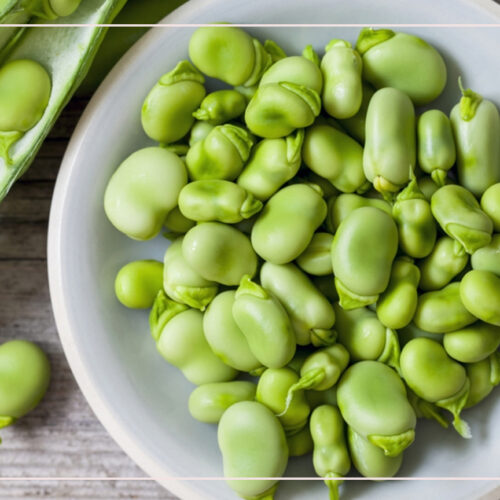

Biopesticides, A Step Towards Sustainability
The global population is increasing exponentially and estimations indicate that it might reach approximately 9.7 billion by 2050. The majority of them are in Africa and Asia. This has increased the pressure on agriculture and many related sectors to meet the increasing need for food supply. Biopesticides and sustainability are profoundly correlated. In this article, we will explain how.
Human activities after the industrial revolution have cruelly affected the whole planet leaving tremendous impacts on the environment and the ecosystem, including more limited agricultural areas due to the expanding construction activities, increasing the shortage and the contamination of water sources.
Aggregation of pollutants in the soil would lead to accumulative deterioration and degeneration of fertility, efficiency, and quality of the soil, all of which will intensify the consequences of soil erosion and climate change.
Many challenges must be overcome to meet the requirements for food security, and many new strategies must be innovated to achieve productive and sustainable agriculture. Comprehending the relation between biopesticides and sustainability might be the first step.
sustainability and productivity can be achieved in multiple ways such as using organic products like manure and organic-based treatments which lead to an increase in the total crop yields.
Biopesticides are considered a sustainable pest control management based on microorganisms and other organic products, and they can help with controlling crop yield loss without affecting the quality of the crops.
“To use biopesticides effectively, farmers need to know a great deal about pest types and their life cycles and must carefully apply all label instructions.”
Biopesticides:
Biopesticides are organic pesticides prepared using natural materials such as animals, plants, bacteria, and some specific minerals. “Canola oil and baking soda have pesticidal applications so they are considered biopesticides.”
Types of biopesticides:
There are three main types of biopesticides:
1. Biochemical pesticide
This type of pesticide depends on non-toxic mechanisms to control pests’ activities, unlike the traditional pesticides which are formed from chemical synthetic materials that kill pests or inactivate them.
Biochemical pesticides contain specific materials that affect the mating process, like insect sex pheromones and several aromatic plants to grasp pest insects with traps.
In order to determine whether some substance meets the requirements and criteria to be classified as biochemical pesticides or not, the environmental protection agency (EPA) has constructed a specialized committee to make such decisions.
2. Microbial pesticides:
The second type of biopesticide is the microbial pesticide with active ingredients based on microorganisms such as viruses, bacteria, fungi, or protozoan. microbial pesticides are able to control the activity of several kinds of pests but each ingredient of the mixture may function separately as an elementary biopesticide against specific pests.
The most widespread microbial pesticide is composed of strains and subspecies of bacillus thuringiensis or Bt. Each strain can produce a different mix of proteins that function against specifically related species of insect larvae. For example, while some Bt components control moth larvae which harm plants, other Bt ingredients are determined to function against larvae of flies and mosquitoes.
The target insect species are detected according to the Bt ability to produces a protein that can affect a larval gut receptor, leading the insect larvae to starve
3. Plant-extracted pesticides:
Another type of biopesticide is produced by plants from genetic material that has been added to the plants to form plant-Incorporated-protectants. It’s considered the most developed type, and several versions are still under testing. One of the new procedures that scientists apply is to take the gene of the Bt pesticidal protein and add it to the plant’s own genetic material. This would make the plant defend itself by manufacturing the substance that destroys the pest.
4. Biopesticides from algal and bacterial sources:
In this type, microalgae can be used as an alternative mechanism to enhance productivity in sustainable agriculture. Some specific strains of microalgae are able to produce biologically active substances which include antimicrobial compounds but they can be used as biopesticides. Scientists have decided to exploit it as an effective biopesticide due to its ability to protect plant health and enhance its resistance against parasites without affecting the quality or the number of crops. Some microalgae have been used for their beneficial biopesticide activity in the cultivation of spices.
Related Topic: Wastewater, How to Convert an Environmental Risk to Sustainable Energy?
Biopesticides advantages:
- Biopesticides are usually less toxic than conventional synthetic pesticides.
- Biopesticides are effective in very limited quantities and often dismantle quickly resulting in mitigating the pollution consequences. In other words, it doesn’t leave any toxic residue that could cause any damage to soil or underground water. That’s what makes it preferred over the other traditional pesticides.
- Biopesticides are highly selective and affect only the target pest. On the contrary, conventional pesticides which are composed to be broad spectrum resulting in affecting variable organisms like insects, birds, and mammals in many cases.
- Biopesticides can be very beneficial in Integrated Pest Management procedures. It can play an essential role to reduce conventional pesticide usage without any side effects on crop yields.
- Biopesticides don’t develop any pest or disease resistance to biopesticides, in contrast to chemical conventional pesticides.
Disadvantages of biopesticides:
- A higher level of knowledge about biopesticides and sustainability is required by the farmer. This would enable them to use biopesticides effectively and get all their benefits.
- The fast-dismantling feature can be considered as low efficacy and shorter duration compared to the traditional synthetic.
- Higher cost than conventional pesticides.
You can now check the full list of Agricultural Products
produced by Almardia Group
Common Questions:
1. How are biopesticides helpful in agriculture?
Biopesticides can affect the life cycle of insect pests protecting the crops from most of the damage.
2. What are some advantages of pesticides?
- Improving crop yields.
- Prevent any damage to biodiversity.
- Don’t pollute the soil or the groundwater.
3. Are biopesticides harmful to plants?
They are very selective and environment-friendly and won’t cause any harm to the plants or any non-target organism.





